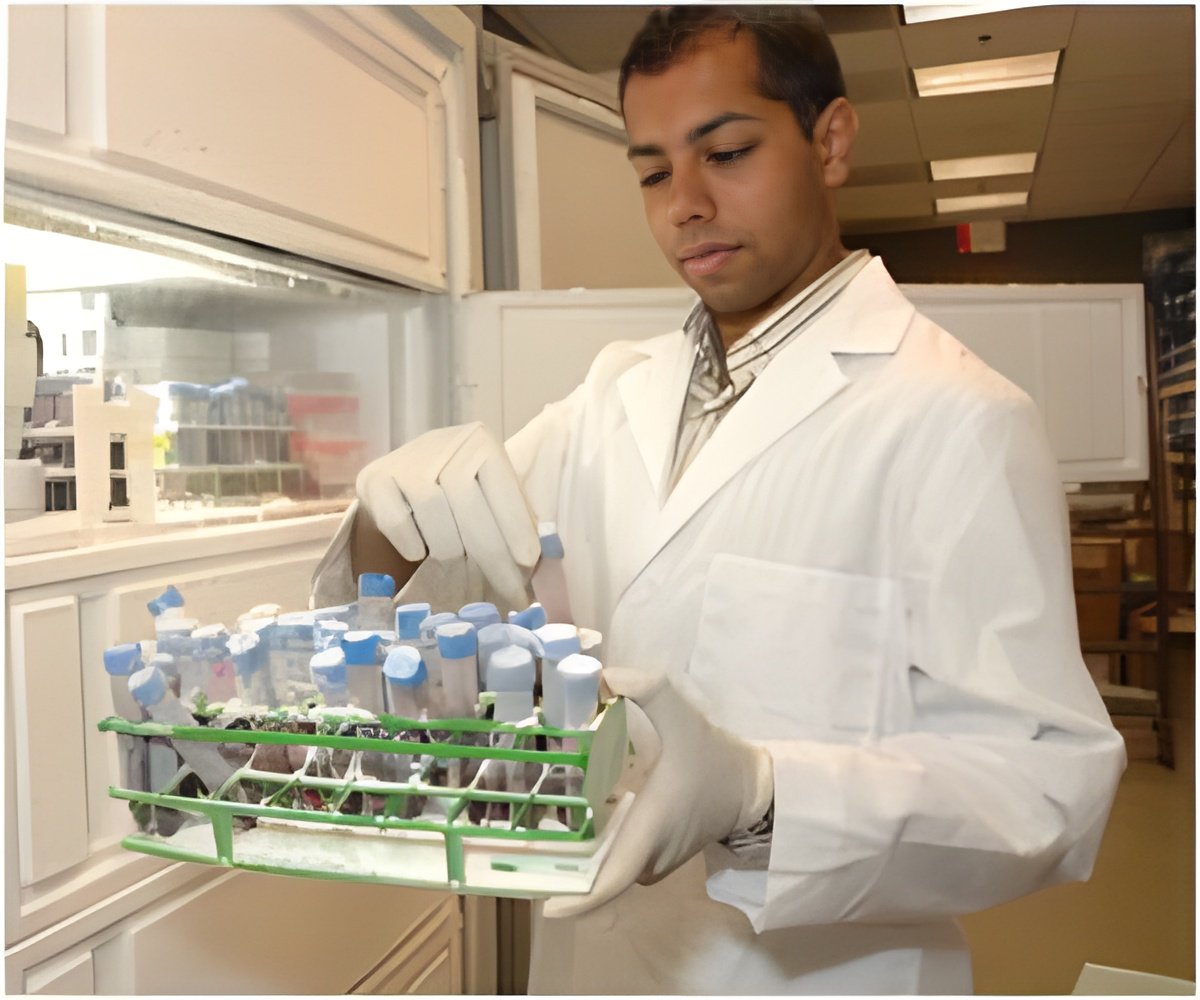
‘
Infectious prion proteins consist of misfolded normal protein called PrPC, which is located in the neuron membrane. The infectious prions multiply by hijacking it’s neighbors and converting them into other infectious prions.’
Tweet it Now
Prions trigger fatal brain degeneration in humans and animals. In the 1990s, prions were responsible for BSE epidemic more commonly known as mad cow disease. Prions cause Creutzfeldt-Jakob disease and other neurological disorders that are fatal and untreatable. Infectious prions consist of a defectively folded form of a normal prion protein called PrPC located in the neuron membrane. The infectious prions multiply by converting PrPC into other infectious prions.
Researchers have been puzzling for years why humans have protein in the neurons that does not perform any function, yet they can be dangerous. Professor Aguzzi spent decades researching the role of prions and examined the theory that animals without the PrPC gene are resistant to prion diseases.
The researchers found that mice without the PrPC gene suffer from a chronic disease of the peripheral nervous system. Schwann cells around the sensitive nerve fibers do not form an insulating layer to protect the nerves due to the lack of insulating myelin, the peripheral nerves become diseased, potentially resulting in motoric disorders in the motion tract and paralysis.
In the new study, the researchers Alexander Küffer and Asvin Lakkaraju explained why the peripheral nerves become damaged in the absence of the protein PrPC. The PrPC produced by the neurons docks onto the Schwann cells through a receptor called Gpr126.
Advertisement
"If you want to deactivate the prion protein PrPC fully for potential Creutzfeld-Jakob disease treatments, you need to know the potential side effects on the nerves in the future," explains Aguzzi. The researchers noted that the present results could yield a new approach for peripheral neuropathy.
Advertisement













